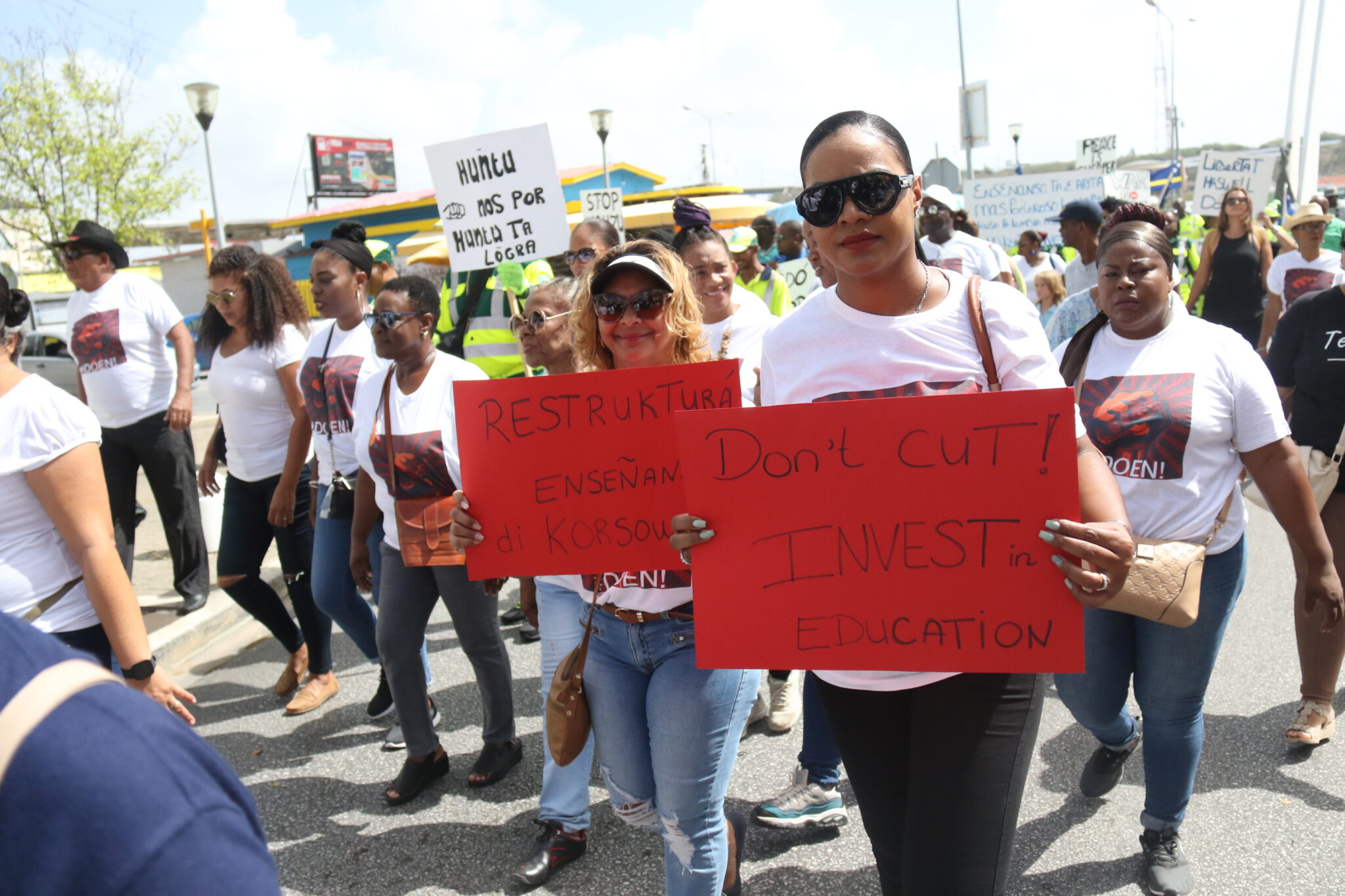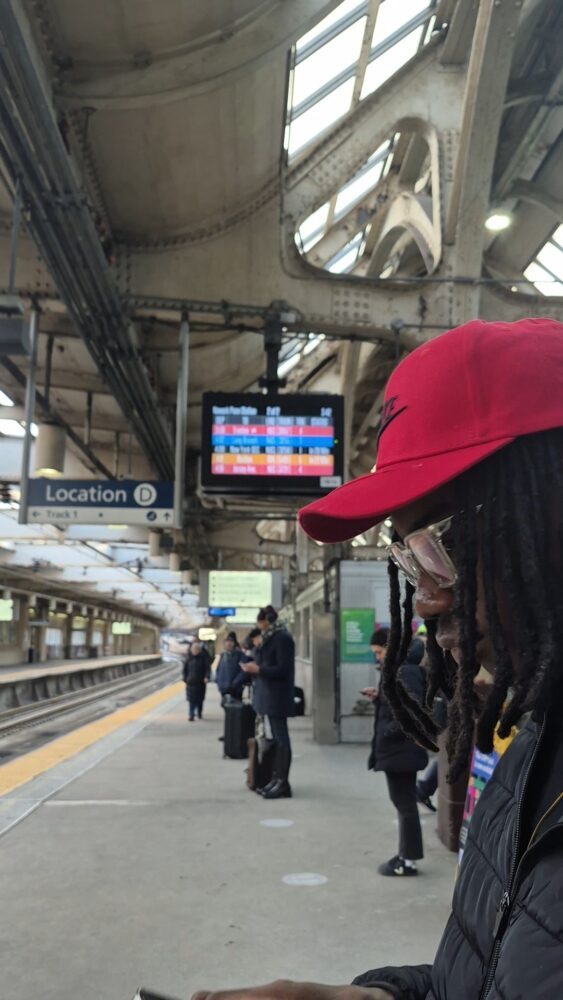WILLEMSTAD – The civil servants unions on Curaçao have put all their hopes on the talks that the government will hold this week with The Hague about the problems surrounding the cuts on the island. The Netherlands is demanding cuts as a condition for providing emergency lines of credit.
The question is whether or not the manner in which the government of Curaçao has chosen to implement these cuts is the right one. The proposed cuts would hit those working for the government hardest while the top civil servants would keep their salaries for a year.
On Wednesday Parliament was in shock when they heard these plans. D66, GroenLinks, and PvdA demanded a guarantee that the ‘stringent conditions’ will not affect those of lesser means. But the government of Curaçao is the one choosing for this path, so says state secretary Raymond Knops (Kingdom Relations).
Counter proposal unions
To meet the demands set forth by the Netherlands, the government of Curaçao has decided to cut 12.5 percent from the employment benefits of all of the civil servants who are under their employment.
The counter proposal of the unions contains amongst others the following: implementing a new salary structure; the unpaid wage increase; following the rules for allocating grants and an education covenant. It concerns a slew of proposals which were already presented to previous governments.
‘Counterproposal falls short’
The government of Curaçao cannot agree to the counterproposal of the unions: “The proposals of the unions will not lead to a total cut of 12.5 percent of the employment benefits of all the people employed by the government.”
Minister Armin Konket, says that the government will always remain open to constructive talks with the unions but wants a new proposal. “It has to be a proposal which will help us meet the goal and has to meet the following criteria: It has to apply to the employment benefits and to all employees. The total amount cut on employment benefits has to amount to 12.5 percent.”
Unions refuse to sacrifice 12.5 percent
Union president (ABVO), Adrie Willems, says that the members explicitly voted down the 12.5 percent cut on June the 11th and 24th. “If the government chooses to single handedly implement this cut, they will be held accountable for the conflict which will follow”, says Willems.
“First, we are employed by the government of Curaçao and not by the government of the Netherlands. The Netherlands and the CFT cannot decide that because of the corona crisis, they will pressure the government of Curaçao”, says Willems.
“We believe that the Netherlands should help in situations of crisis and calamities”, the union president adds. If the government of Curaçao insists on cutting 12.5 percent, the unions will ‘fight this’.
Cuts or no salary at all
According to minister Armin Konket (Management and Planning), no one benefits from fighting the cuts. “The risk is that if we say no to the Netherlands, we will not have enough funds at the end of August to meet our financial obligations”, says Konket.
“If the Netherlands maintains her position, there won’t be any support for our liquidity. It’s foolish to take such a bet.”
New protest planned
In the meantime a new protest is on the books for Friday titled: ‘Manifest for education, a message for the Netherlands’. It’s a direct message for the Netherlands, says Marbella Felipa, director of the new education union DOEN. “Education should definitely not experience any cuts”, she says.
Dulce Koopman speaking to Marbella Felipa (Dutch spoken)
The protest is being supported by education unions on Aruba and Sint Maarten. Felipa also expects that Caribbean educators in the Netherlands will support the protest. The Curaçaoan prime minister Eugene Rhuggenaath understands the views of the new union.
Rhuggenaath says that a decision regarding cuts in the education budget has not been made. “We even asked the Netherlands to help improve the quality of education in Curaçao”, says Rhuggenaath.








